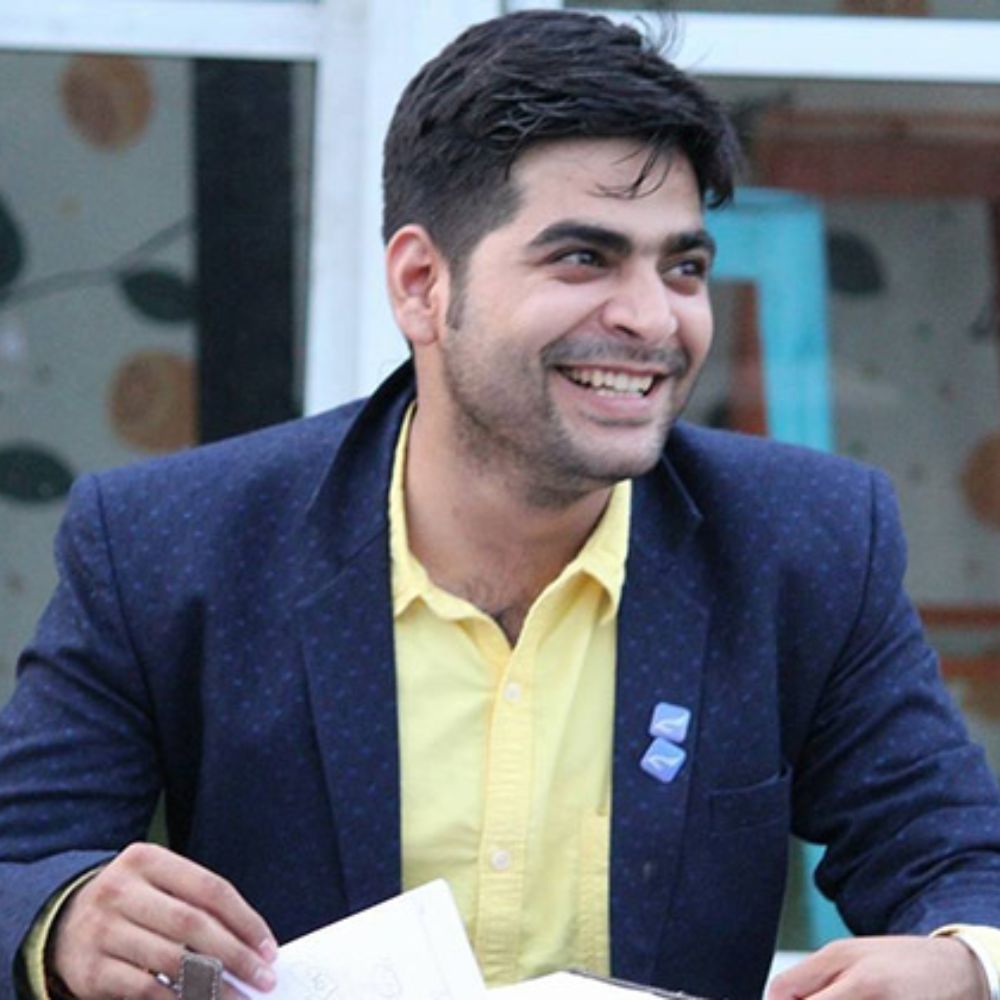The CUET exam will be held from May 21 to May 31.
According to officials, at least 168 universities have chosen the Common University Entrance Test (CUET) for the undergraduate admission process thus far. Only 90 universities accepted CUET for admission to UG courses last year. This year, more universities are expected to use the test for admissions.
Barkatullah University in Bhopal, Dr B R Ambedkar School of Economics in Karnataka, Cotton University in Guwahati, and Guru Gobind Singh Indraprastha University in Delhi are among the 168 universities.
“There are 27 deemed universities that will admit students to their undergraduate programs based on CUET scores. This year, 66 private universities are taking part in the common entrance exam, including Bennett University in Uttar Pradesh, NIIT University in Rajasthan, and UPES in Dehradun “According to a senior official quoted by PTI.
Officials also stated that the application deadline is likely to be extended. Currently, the application deadline is March 12. The CUET exam will be held from May 21 to May 31.
University undergraduate (UG) admissions will be completed by July 2023, and the new academic session will begin on August 1.
The University Grants Commission (UGC) announced in March 2022 that undergraduate admissions in all central universities will be conducted through a common entrance test rather than on the basis of Class 12 marks.
With 14.9 lakh registrations, the CUET, the common gateway for undergraduate admissions in all central universities, has surpassed the JEE-average Main’s registration of nine lahks to become the country’s second-largest entrance exam.
With an average of 18 lakh registrations, the NEET-UG is India’s largest entrance exam. While the JEE-Mains is a computer-based test (CBT) given twice a year, the NEET is given on paper.
In CUET-UG 2022, 21,159 candidates received a perfect score, with 12,799 of them being women.
There were 12 candidates who received perfect scores in all five subjects. With 8,236 candidates, English has the most 100 percentile scorers, followed by political science (2,065 candidates) and business studies (1,669 candidates).















